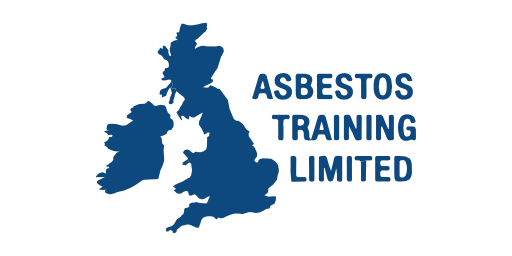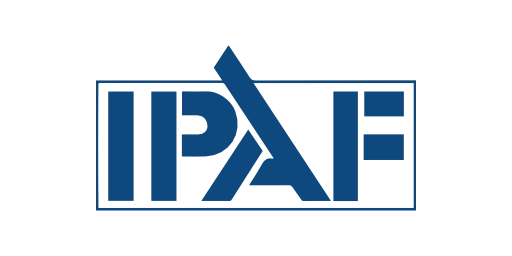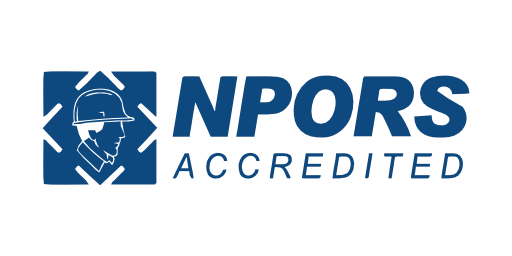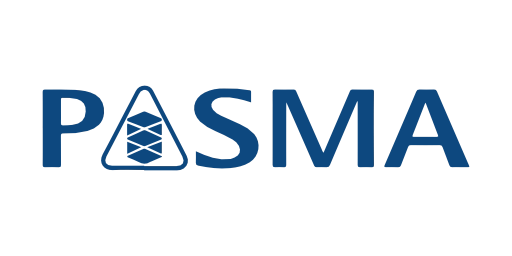Menu
Comprehensive Industrial Roof Maintenance and Services
Industrial roofing, particularly in demanding environments like factories, requires not just specialised materials and construction but also a commitment to regular maintenance. Our tailored maintenance plans are designed to address the unique challenges of industrial roofing, from weather-induced wear and tear to ensuring your manufacturing or storage facilities remain operational and safe under the UK’s unpredictable weather conditions.
Staying proactive with roof maintenance is crucial. This involves scheduling regular inspections by experts and keeping your gutters clear of debris. By doing so, you can identify potential issues early on, fix them quickly, and ultimately save money in the long term.
Simple preventive measures can have a significant impact. It’s recommended to have a professional inspect your roof twice a year. They can spot small issues before they turn into larger problems, helping to extend the life and maintain the appearance of your roof.
In addition, it’s essential to clean your gutters regularly to ensure water drains properly. Blocked gutters can cause water damage to your roof and building, so keeping them clear is vital to protecting your property.
Industrial roofs, in particular, face common challenges like ponding water, poor drainage, leaks, and weather-related wear and tear. Addressing these problems promptly is key to preventing them from escalating and avoiding costly repairs.
Ponding occurs when water pools on the roof, which can weaken the structure and cause leaks or other damage. Poor drainage and clogged gutters make this worse by allowing water to build up. Ensuring water flows properly off the roof and keeping gutters clear can help prevent ponding and its damaging effects.
Leaks are another major concern for industrial buildings. Quickly identifying and repairing any leaks is essential to prevent water damage, mold growth, and further structural issues. Routine roof inspections are invaluable for catching small leaks before they turn into bigger, more expensive problems.
Over time, industrial roofs can deteriorate due to exposure to the elements, including sunlight and foot traffic. Certain materials, such as TPO and EPDM, may be more prone to this type of wear. However, with proper maintenance and timely repairs, these roofs can last significantly longer.


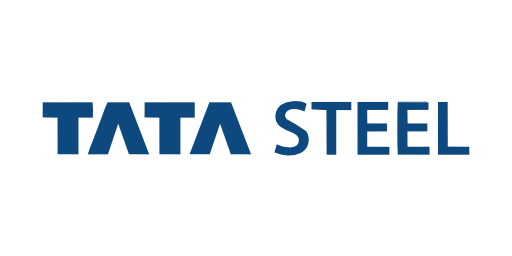
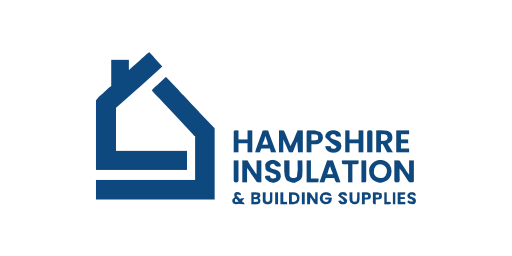

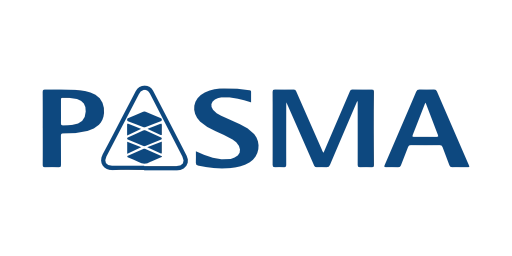
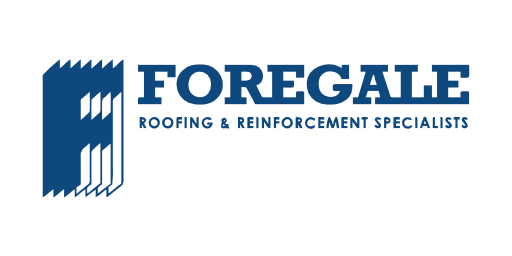
Ensuring gutters are free from blockages and corrosion, with options for PVC, colour-coated steel, or galvanised steel replacements.
Regular checks to identify and address potential issues before they escalate, including verifying the adequacy of guttering and downpipe systems.
Application of elastomeric coatings to damaged or corroded roof sheeting, extending the life of your roof and avoiding more extensive repairs.
It’s vital to work with professional roofing contractors to ensure the longevity of your industrial roof. These experts have the knowledge and skills to spot and resolve any issues your roof may face.
Experienced roofers bring a deep understanding of industrial roofing systems. They handle a wide range of tasks, from installations and repairs to maintenance and replacements, using the latest tools to ensure top-quality results. They also follow strict safety standards when working at heights, ensuring both their safety and yours.
By hiring professionals, you gain access to cost-effective solutions that prevent minor issues from escalating into major problems. Their precise assessments reduce material waste and lower overall costs. Engaging with professional roofing services is a smart long-term investment in the health of your roof.
With their expertise, your industrial roof will receive the care it needs, resulting in a longer lifespan and improved appearance.
Maintaining industrial roofs requires a thorough, long-term approach. Industrial roofs face harsh conditions, such as extreme temperatures, heavy rainfall, and exposure to chemicals and pollutants. Regular upkeep is essential to avoid expensive repairs and ensure the roof’s durability.
Routine inspections by qualified professionals are a cornerstone of effective roof maintenance. These inspections allow you to identify signs of damage or other potential issues early on, so they can be addressed before they require major repairs or even a full roof replacement. Inspections should cover checking for loose or damaged roofing materials, as well as the condition of flashing, gutters, and drainage systems.
In addition to inspections, regular cleaning is crucial for preserving the roof’s structural integrity. Debris like leaves, twigs, and dirt can accumulate and block drainage systems, causing water to pool on the roof. This can lead to leaks and structural damage. Cleaning the roof, gutters, and drains regularly ensures that water flows properly, preventing these issues.
A proactive maintenance plan is key to keeping your roof in top shape. This should include routine inspections, planned cleaning, and timely repairs. By addressing issues before they escalate, you can avoid costly emergency repairs and minimize disruptions to your operations. A proactive approach protects your investment and helps maintain a safe environment for your employees.
A proactive approach to maintenance, designed to save you time and money in the long run.
Customised solutions based on thorough inspections and your specific operational needs.
Peace of mind with guaranteed services, backed by all appropriate certifications and insurances.
Adherence to the highest standards of health and safety, ensured through independent safety advisors.
When maintaining your industrial roof, it’s important to consider environmental factors. Improving energy efficiency not only benefits the environment but also helps you save on costs over time. Reducing waste and minimizing landfill use should be a priority.
Opting for repairs over full replacements can reduce waste. Additionally, using materials like recycled shingles made from rubber or plastic cuts down on the need for new resources. Another effective strategy is to use cool roofing materials that reflect sunlight, which helps keep the building cooler and reduces the need for air conditioning.
Certain roofing materials—such as metal, slate, clay, or even solar panels—help naturally regulate indoor temperatures, leading to lower heating and cooling costs. Ensuring that your building meets energy efficiency standards, such as the UK’s EPC ratings, can also make your property more sustainable and attractive to potential buyers. Higher EPC ratings indicate better energy efficiency, which adds long-term value to your building.
Yes, we provide detailed written estimates, outlining the scope and costs of your project transparently.
We maintain a highly skilled in-house team but may partner with trusted subcontractors for specialised tasks, always under our strict supervision.
Several factors, including weather damage, wear and tear, and improper installation. We assess and address the root cause for lasting solutions.
Replacement is recommended when repairs are no longer cost-effective or if the roof poses safety risks. We offer expert evaluations to guide your decision.
Whether you’re planning to install new cladding or aim to upgrade your existing building or roof structure, our team is prepared to bring your vision to life.
